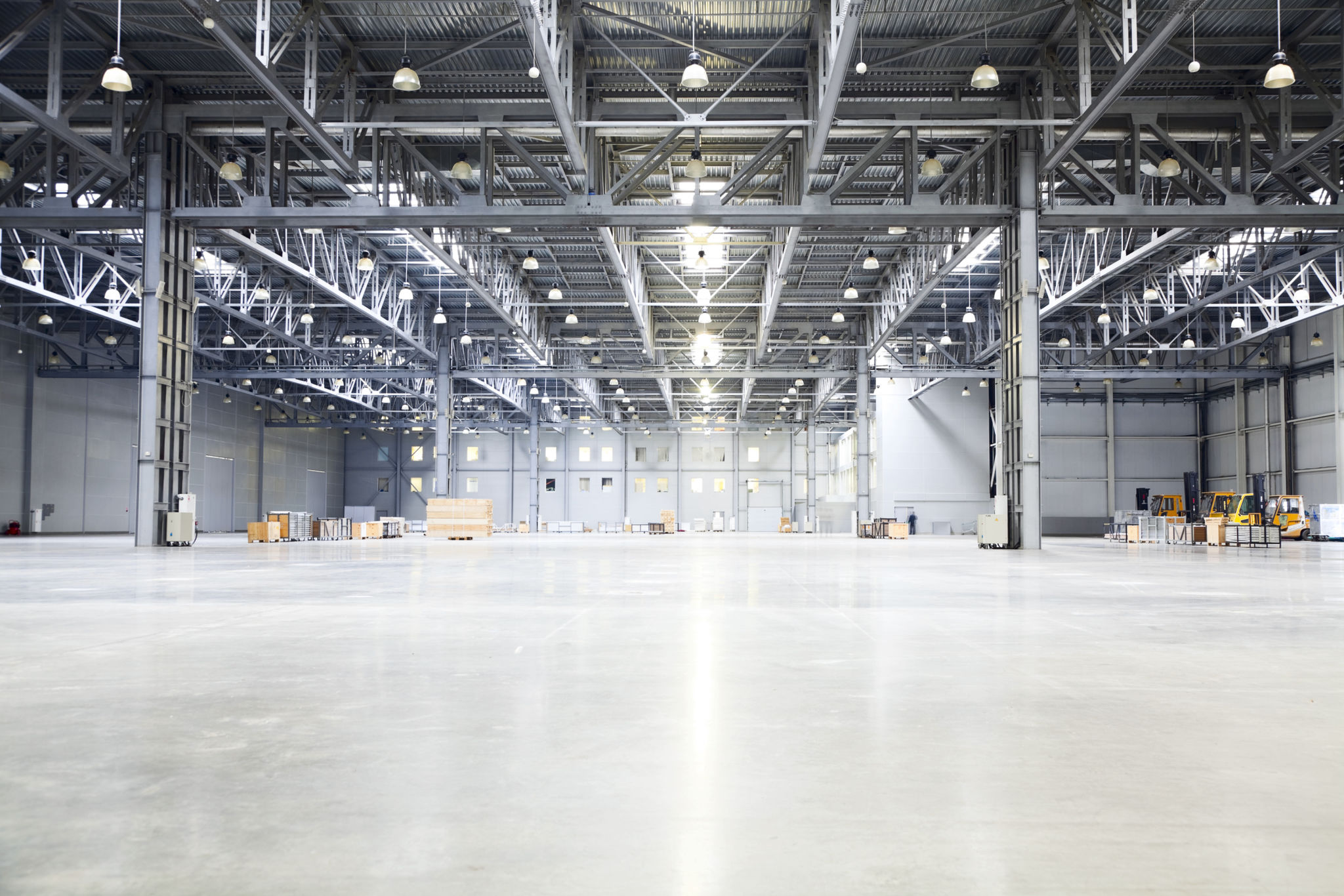Common Misconceptions About Industrial Real Estate Investing
Understanding Industrial Real Estate Investing
Industrial real estate investing can be a lucrative venture, yet it is often misunderstood. This sector of real estate involves properties used for industrial purposes, such as warehouses, factories, and logistics centers. Despite its potential for high returns, several misconceptions may deter potential investors. Understanding these misconceptions is crucial for making informed investment decisions.

Misconception 1: Industrial Real Estate Is Only for Large Investors
Many believe that industrial real estate is only accessible to large institutional investors or corporations. This is not true. While it's accurate that some industrial properties require significant capital, there are various opportunities available for smaller investors as well. Options such as real estate investment trusts (REITs) and crowdfunding platforms allow individuals to invest in industrial properties with smaller capital.
Misconception 2: High Vacancy Rates Are a Major Risk
Another common misconception is that industrial properties are prone to high vacancy rates due to their specialized nature. However, the demand for industrial space often remains stable, driven by sectors like logistics, e-commerce, and manufacturing. Additionally, industrial leases tend to be longer-term, which provides a steady income stream and reduces the risk of vacancy.

Misconception 3: Industrial Properties Have Limited Growth Potential
Some investors mistakenly assume that industrial properties have limited appreciation potential compared to residential or commercial real estate. In reality, the growth potential for industrial real estate can be substantial. Factors such as e-commerce growth and supply chain innovations continue to fuel demand for industrial spaces, leading to property value increases.
Misconception 4: Maintenance Costs Are Prohibitively High
Industrial properties are often perceived to have high maintenance costs due to their size and complexity. However, these costs can be mitigated through triple net leases, where tenants cover taxes, insurance, and maintenance expenses. This lease structure allows property owners to focus on maximizing their investment without being burdened by routine maintenance costs.

Misconception 5: Industrial Real Estate Is Not Environmentally Friendly
There is a growing concern about the environmental impact of industrial properties. While some older facilities may not meet modern sustainability standards, many new developments are incorporating green building practices and technologies. Sustainable industrial buildings can attract environmentally-conscious tenants and benefit from incentives and tax breaks.
The Importance of Due Diligence
Despite these misconceptions, industrial real estate remains an attractive investment option. Conducting thorough due diligence is essential to understanding the market dynamics and identifying opportunities that align with your investment goals. Engaging with experts and leveraging data analysis can provide valuable insights into the potential risks and rewards of this sector.
By dispelling these common misconceptions, investors can better evaluate the opportunities within industrial real estate. This sector offers unique advantages and can be a robust addition to a diversified investment portfolio. As the landscape continues to evolve, staying informed about market trends and developments will be vital for success in industrial real estate investing.
